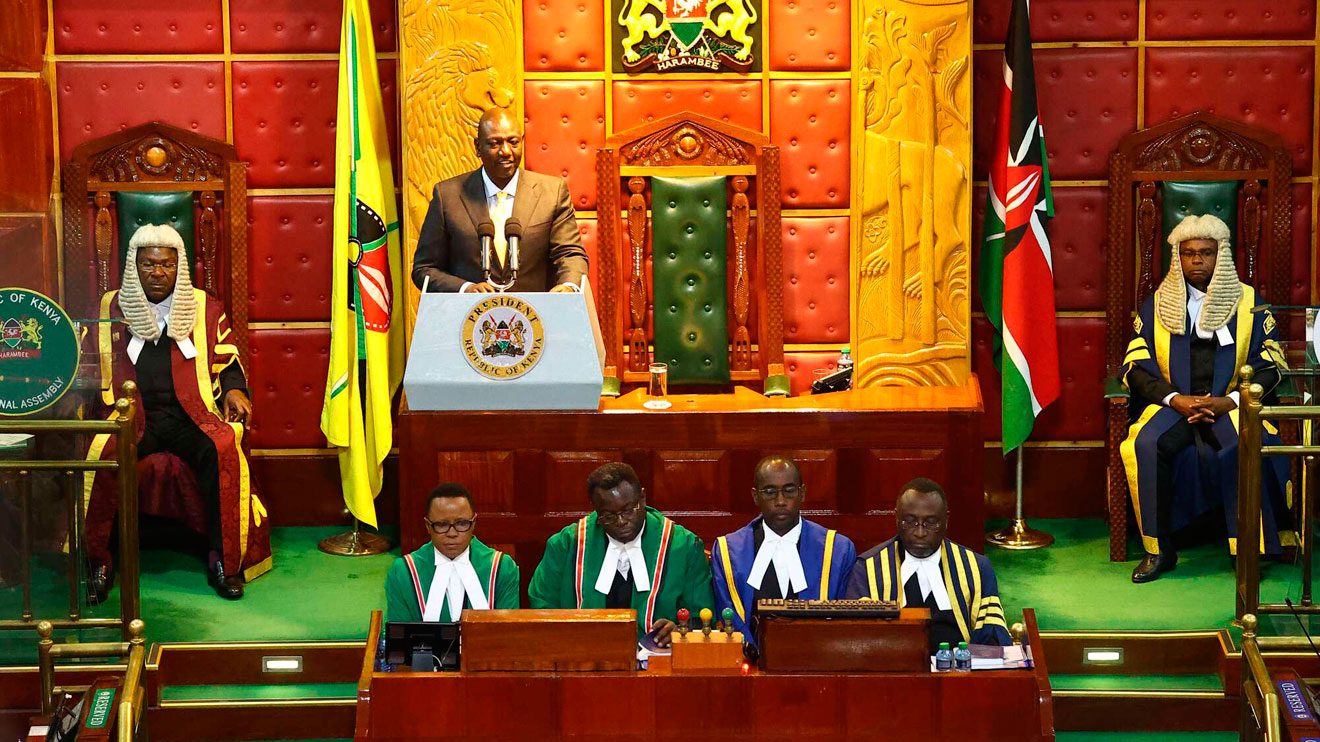
Kenya Proposes 3% Tax For Cryptocurrency And NFTs Transfers
Kenya’s Ministry of Finance, the National Treasury, has proposed a 3% tax on the transfer of digital assets for the upcoming budget year, according to a Bloomberg report citing proposals presented before the legislator.
Introduced before the Kenyan parliament on May 4, the Finance Bill 2023 will enact a digital asset tax on “income derived from the transfer or exchange of digital assets,” which also includes NFT-specific languages.
The bill will go through five rounds of reading, committees, and Congressional reports, and if passed, it will be passed on to the president for final approval into law.
Cryptocurrency exchanges or those who initiate crypto transfers or NFTs will have to collect taxes, which must deduct 3% of the transfer value to pay the government. Exchanges not registered in Kenya will have to be registered under the tax regime.

The bill also seeks to levy a “digital content monetization” tax of 15% on content creators who pay to promote and advertise products and services online, including but not limited to sponsorship, affiliate marketing, merchandising, and paid subscriptions.
The project is receiving mixed opinions from the community. The proposed tax on digital assets is the first without necessarily legalizing the space, a move that other countries have also taken in recent times. According to a United Nations report, around 8.5% of Kenya’s population, or 4.25 million people, own cryptocurrency, ranking the fifth country worldwide regarding global crypto adoption.
It also points out that the tax is higher when compared to fees charged by exchanges, comparing the government’s proposed 3% tax with Binance’s 0.10% transaction fee.
Kenya’s pro-crypto group, Crypto Kenya, tweeted that such a digital tax bill should apply to everything digital, and claiming the tax is only for cryptocurrencies is harassment intentionally.


